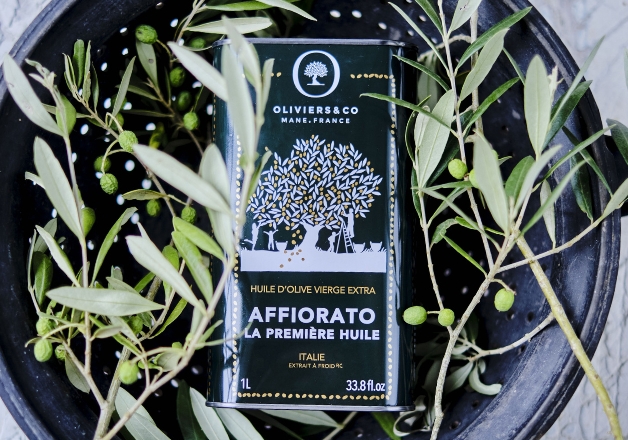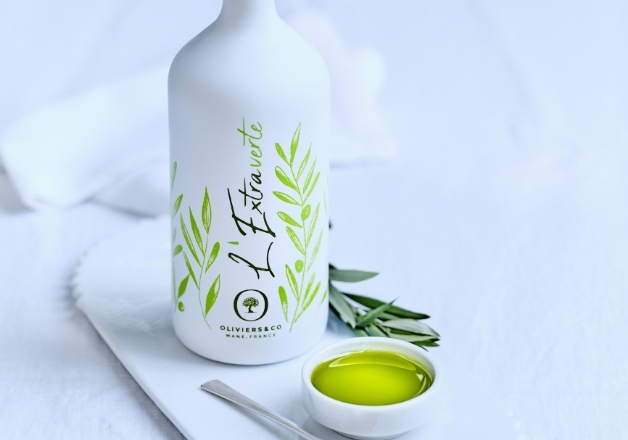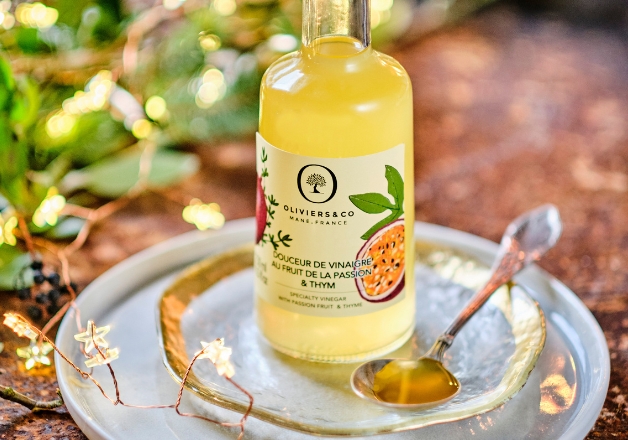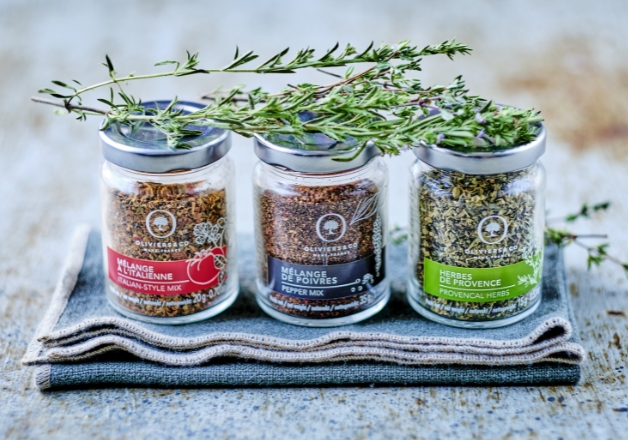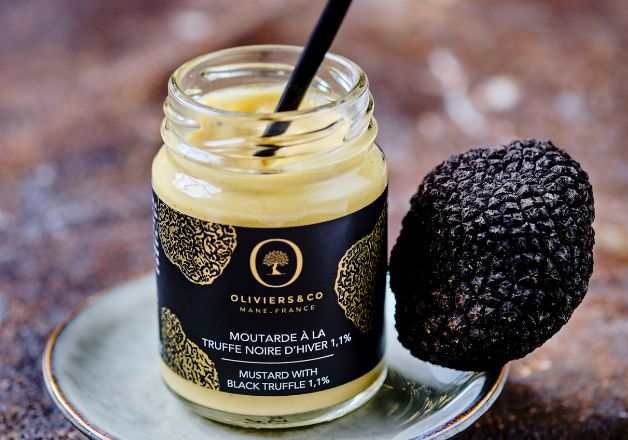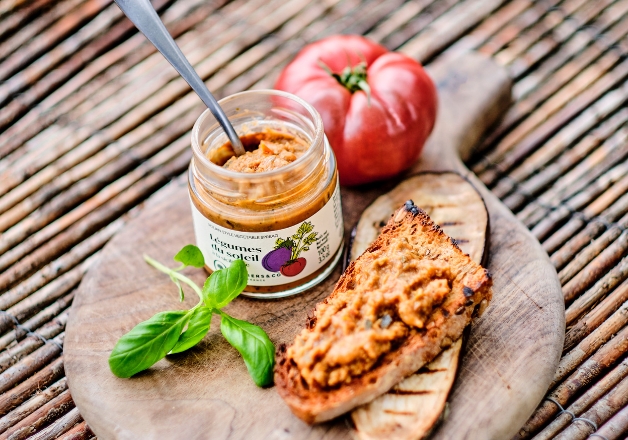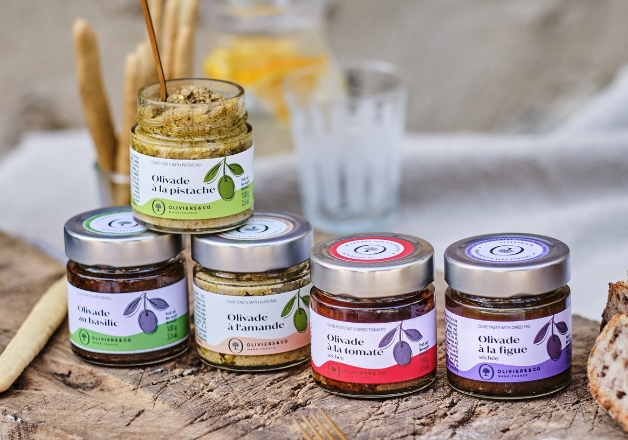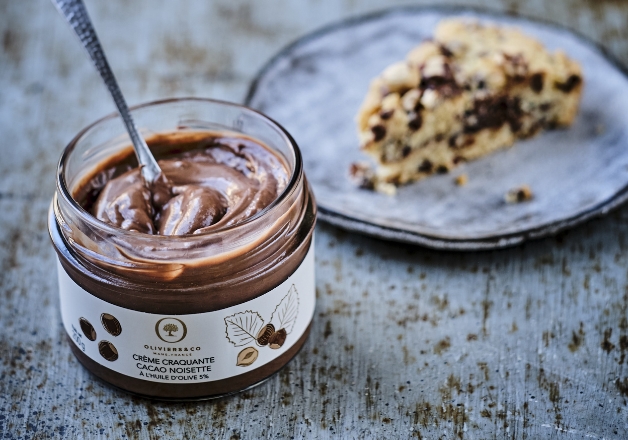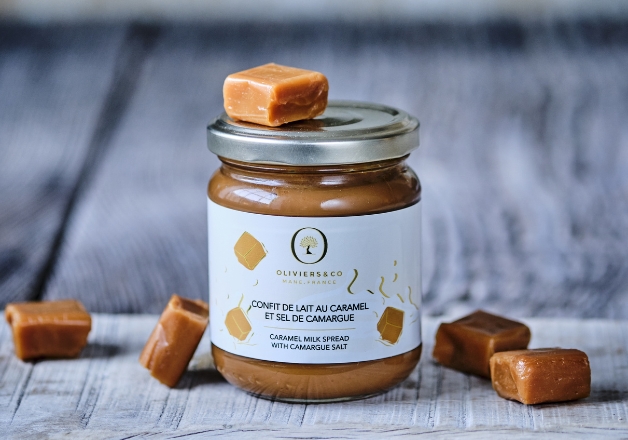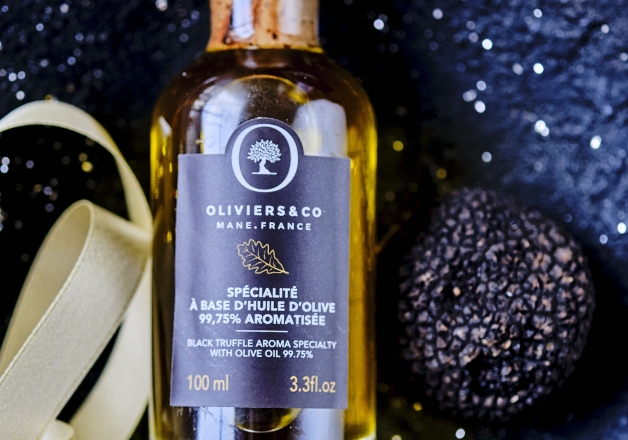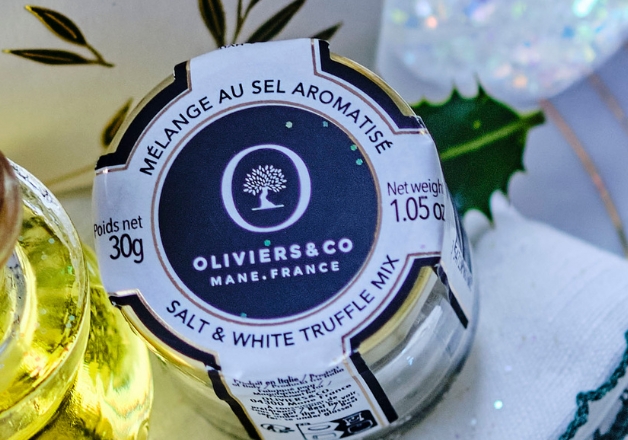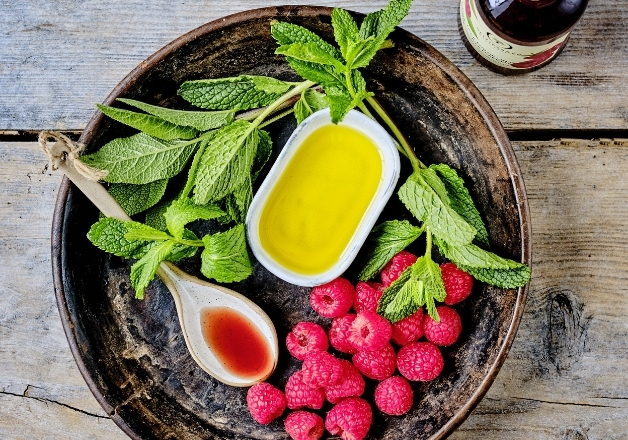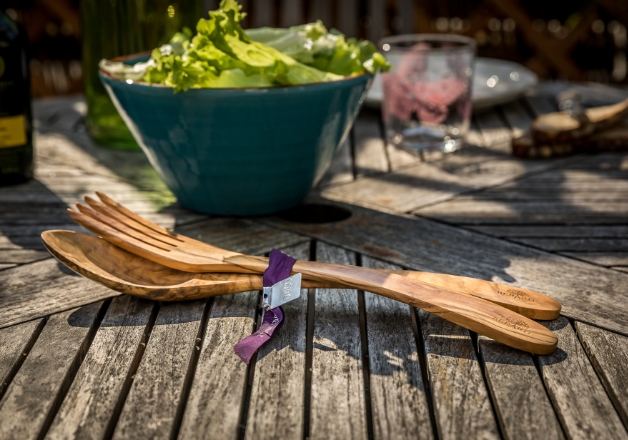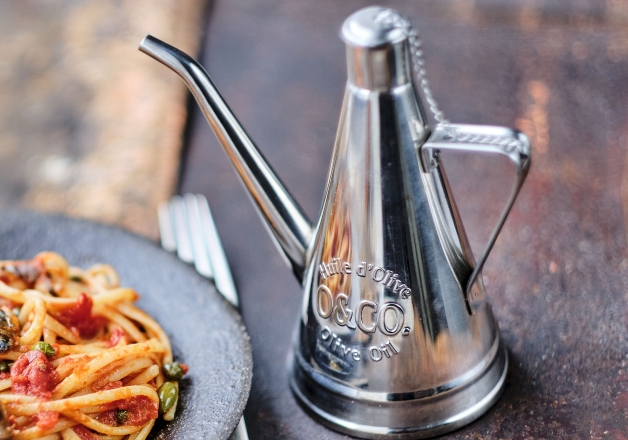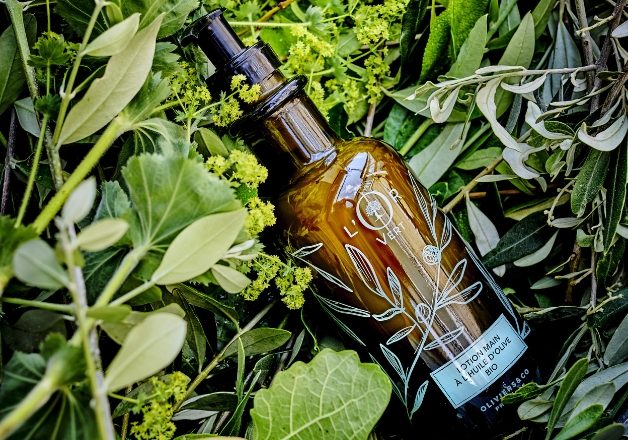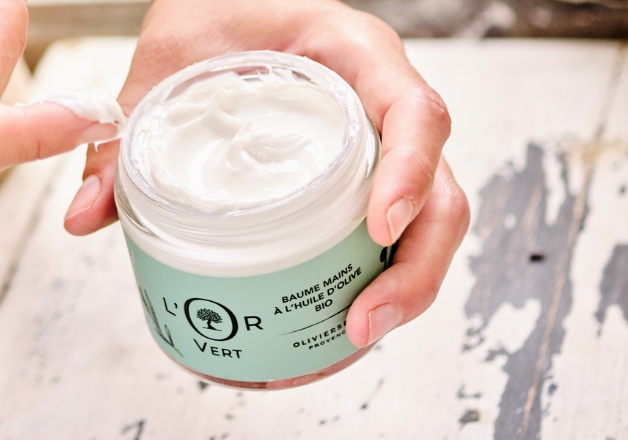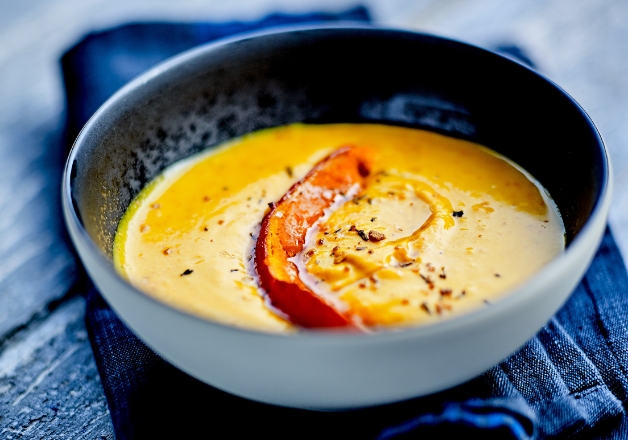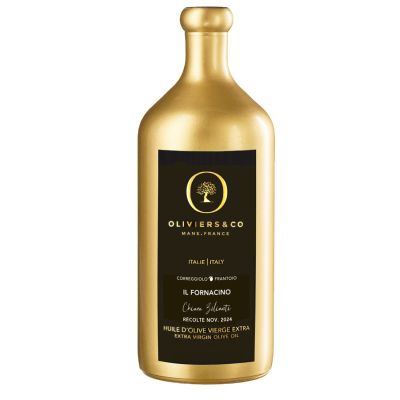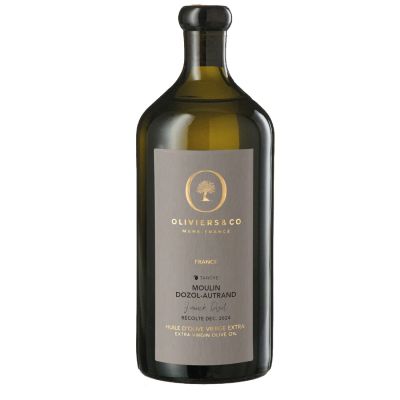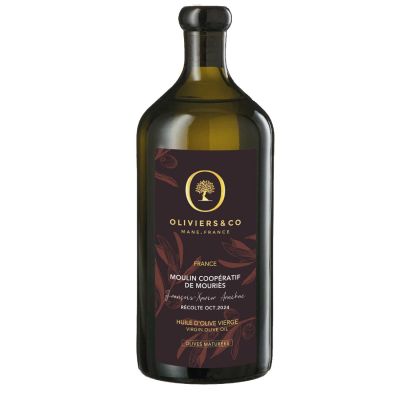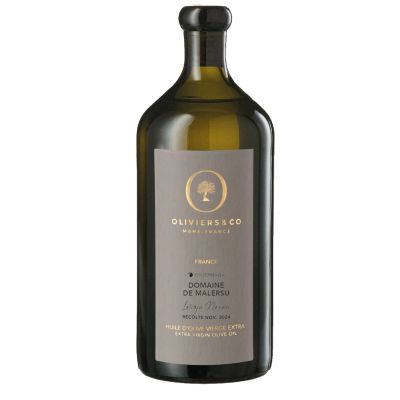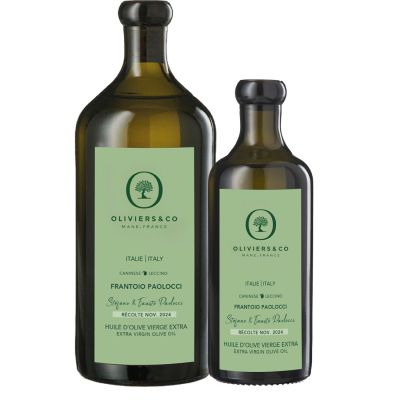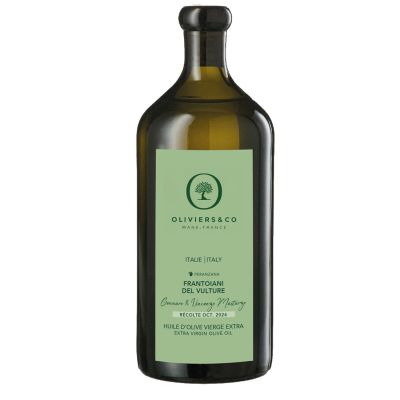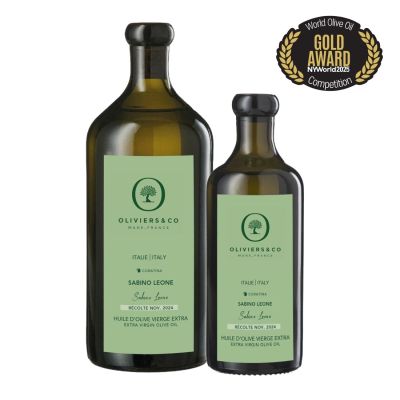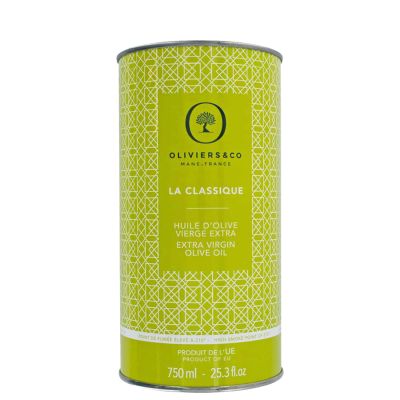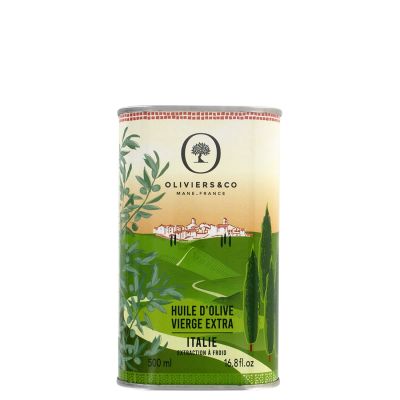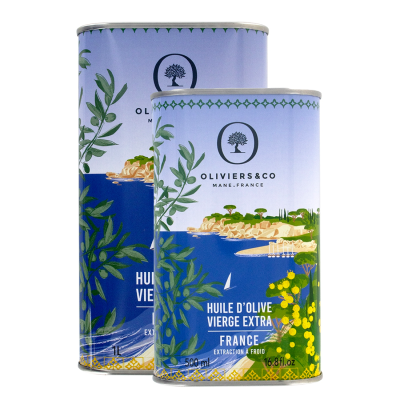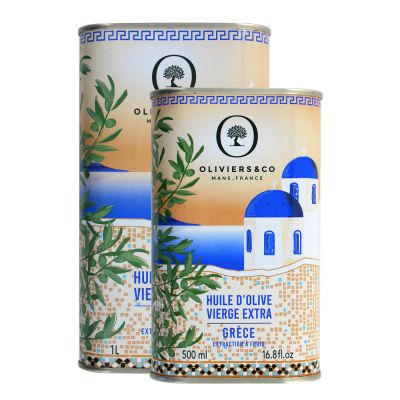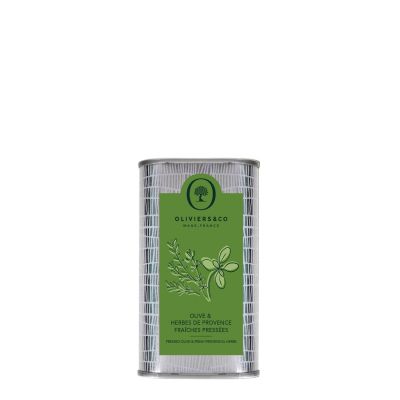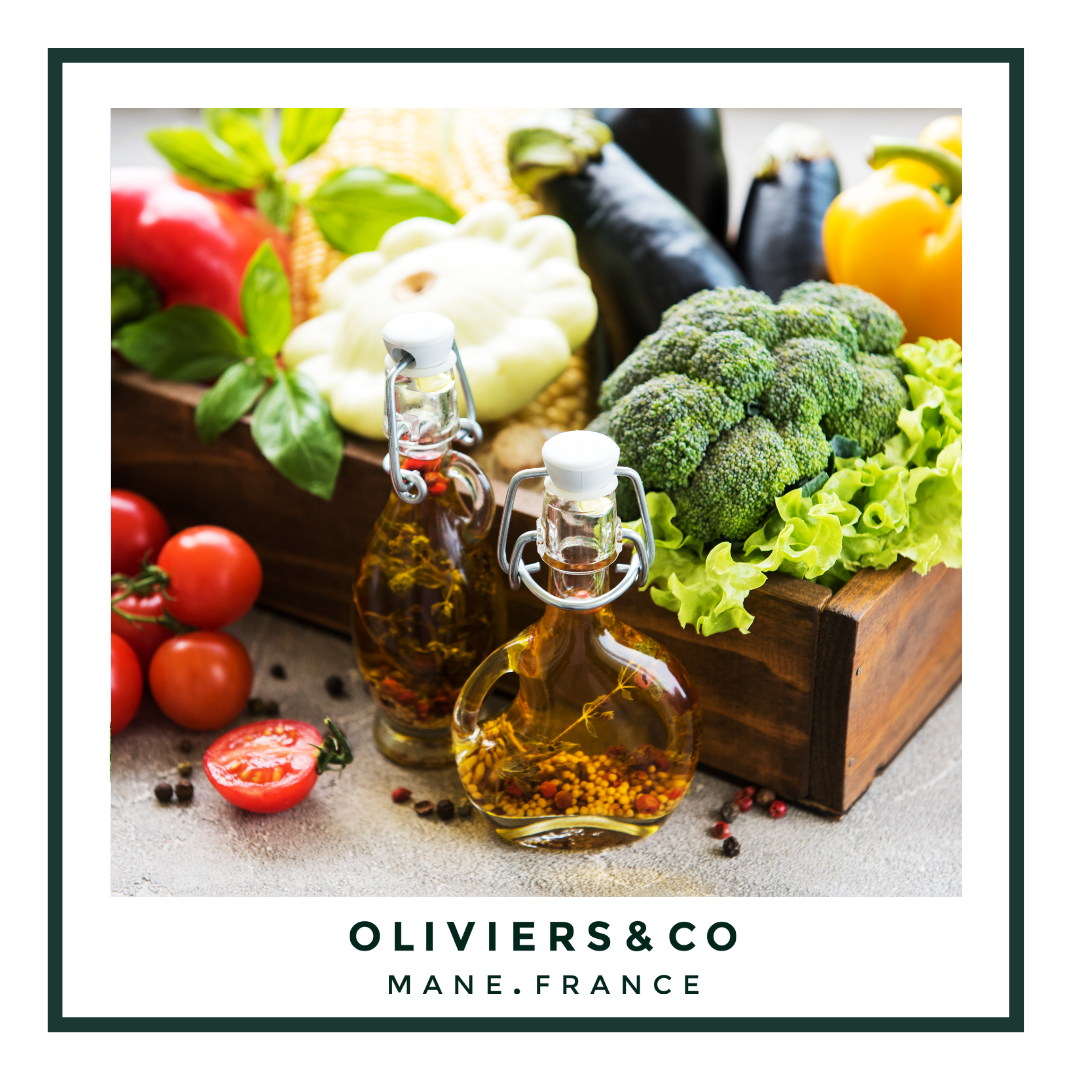

Whether you're out of vegetable oil or simply looking for healthier alternatives, there are plenty of options to consider when it comes to substituting this common kitchen staple. From enhancing flavors to adjusting nutritional profiles, here's a guide to some effective substitutes for vegetable oil.
What is vegetable oil?
Vegetable oils are derived from various seeds, with the primary sources being soybean, sunflower, rapeseed, and flax.
Cold pressing stands out as the optimal method for extracting oil from seeds or vegetables, preserving their natural flavors and nutrients. However, many oils available in supermarkets or groceries undergo a refining process.
It's worth noting that manufacturers aren't obligated to disclose the extraction method, such as pressing, on the label.
If you can't find the designation "Virgin Vegetable Oil" on the label, it's likely that you're purchasing an oil produced through the refining method.
How is vegetable oil made?
Cold Pressing
Some vegetable oils are extracted by a mechanical process, cold: these are the so-called virgin oils. This method is reserved for the noblest oils such as olive oil, walnut oil, hazelnut oil... No chemical treatment is added.
Refining method
In industry, in order to guarantee higher yields, the refining method is often preferred and includes the following 3 successive steps:
- Hot Pressing
The first step of the process consists in crushing the seeds and bringing them to a high temperature. The obtained paste is pressed to extract a first part of the oil, which is then dried. The residues are recovered and will be used for the second step, the extraction with hexane.
- Hexane extraction of the seeds leftover
The residues are mixed with this extremely toxic petroleum derivative and heated to 50 degrees (C). It will absorb the last remaining traces of oil from the residues. The liquid obtained will be then distilled at 95 degrees (C) to split the hexane from the oil. The problem with this substance is that it has too much color and an unpleasant smell.
- Refining
The last step consists of refining the vegetable oil, including the following chemical processes:
> Hot Water process
> Possible addition of phosphoric acid
> Neutralization with soda
> Color modification by decolorizing surfaces
> Filtering
> Projecting high temperature steam on the oil (deodorization)
Is vegetable oil bad for you?
With Extra Virgin Olive Oil, you are guaranteed that no additives have been added (such a as colorants, preservatives, emulsifiers, antioxidants, synthetic thickeners, wetting agents, stabilizers, gelling agents, pseudo-natural flavors,...) which may be found in refined vegetable oils.
Extra Virgin Olive Oil color can vary from golden yellow to apple green while a vegetable oil will be translucent white (unless a coloring agent has been added!).
Can you use olive oil instead of vegetable oil?
If an ingredient of your recipe is vegetable or canola oil, you should definitely substitute one of those oils with a gourmet Extra Virgin Olive Oil. Any recipe which calls for vegetable or canola oil will be even much better and tasty with olive oil.
You would like the swap to one-to-one ratio: meaning, if the recipe asks for one cup of vegetable oil, you will be using one cup of Olive Oil.
You can already notice how the smooth and greedy flavors of gourmet olive oil will enhance the flavor of a chocolate or a carrot cake.
Can you use canola oil instead of vegetable oil?
For this, we need first to answer: is canola oil a vegetable oil ?
Rapeseed oil, which is also called vegetable oil is a vegetable oil made from rapeseed. Rapeseed is a plant belonging to the botanical family Brassicaceae, which scientific name is "Brassca Napu L.".
This is an herbaceous plan, a natural hybrid between a cabbage and turnip: Brassica campestris x Brassica oleracea L. Rapeseed produces seeds from which a vegetable oil can be extracted. Other galenic forms are also commercially available, such as the mother tincture.

